The views expressed in our content reflect individual perspectives and do not represent the authoritative views of the Baha'i Faith.
The world has known slavery since ancient times, but the divine work of its abolition belongs to the modern age.
Historically, world religions have permitted slavery for many centuries. It was not until 1873 that a world religion formally abolished slavery, when the Baha’i Faith became the first religion to explicitly forbid slavery as a religious law. In that year, Baha’u’llah, prophet-founder of the Baha’i Faith, abolished slavery by this decree:
It is forbidden you to trade in slaves, be they men or women. It is not for him who is himself a servant to buy another of God’s servants, and this hath been prohibited in His Holy Tablet. Thus, by His mercy, hath the commandment been recorded by the Pen of justice. Let no man exalt himself above another; all are but bondslaves before the Lord, and all exemplify the truth that there is none other God but Him. He, verily, is the All-Wise, Whose wisdom encompasseth all things. – Kitab-i-Aqdas, p. 45.
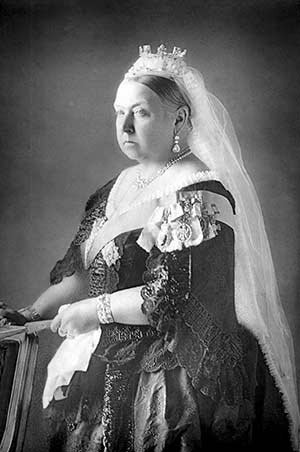
While Baha’u’llah was probably the first religious figure to do so, historically, leaders in the secular world had already begun the process of outlawing slavery — first by banning slave-trading, then banning the ownership of slaves. In 1870, Baha’u’llah wrote to Queen Victoria:
We have been informed that thou hast forbidden the trading in slaves, both men and women. This, verily, is what God hath enjoined in this wondrous Revelation. – The Summons of the Lord of Hosts, p. 89.
Before Victoria, Baha’u’llah’s anti-slavery views go back much further. In fact. Baha’u’llah was raised in an aristocratic family in Persia, where slavery was common. There were slaves in the household, as Abdu’l-Baha recounts:
My grandfather [Baha’u’llah’s father] had many colored maids and servants. When the Blessed Perfection [Baha’u’llah] became the head of the family he liberated all of them, and gave them permission to leave or stay, but if they desired to remain it would, of course, be in a different manner. However, all of them, reveling in their new found freedom preferred to leave, except Esfandayar [Isfandiyar], who remained in the household and continued to serve us with proverbial faithfulness and chastity. — Star of the West, volume 9 (April 28, 1928), number 3, page 38.
Here, although “servants” are referred to, not “slaves,” the fact that Baha’u’llah “liberated all of them” suggests that they were, indeed, formerly slaves. Baha’u’llah’s father, Mirza Abbas-i-Nuri, more commonly known as Mirza Buzurg, died in 1839. Thus, according to Abdu’l-Baha’s account, Baha’u’llah’s desire to abolish slavery was set by his own personal act of freeing the household slaves in 1839.
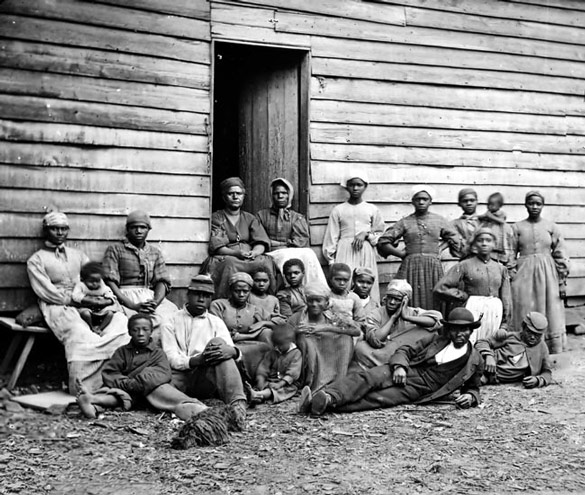
I had a servant who was black; his name was Isfandiyar. If a perfect man could be found in the world, that man was Isfandiyar. He was the essence of love, radiant with sanctity and perfection, luminous with light. Whenever I think of Isfandiyar, I am moved to tears, although he passed away fifty years ago. He was the faithful servant of Baha’u’llah and was entrusted with His secrets. . . . For one month Isfandiyar went about in the streets and bazaars. He had things to sell, and from his earnings he gradually paid his creditors. In fact, they were not his debts but the debts of the court, for all our properties had been confiscated. Everything we had was taken away from us. The only things that remained were our debts. Isfandiyar paid them in full; not a single penny remained unpaid. Then he came to us, said good-bye and went away. . . . He was a point of light. – Promulgation of Universal Peace, pp. 426–427.
Where did Isfandiyar go? While Baha’u’llah was imprisoned in Tehran in late 1852, Baha’u’llah’s wife, Navvab, sent Isfandiyar to northern Persia (now Iran) for his own safety — because the Shah wanted to arrest Isfandiyar and extract from him, under torture, the secrets of the Babi movement.
There, the Governor of Mazandaran, Mirza Yahya Khan, had given Isfandiyar shelter and protection, engaged Isfandiyar as his head servant, and placed him in charge of all the affairs of his household. Isfandiyar remained there for the rest of his life.
©2014 by Christopher Buck.
You May Also Like
Comments



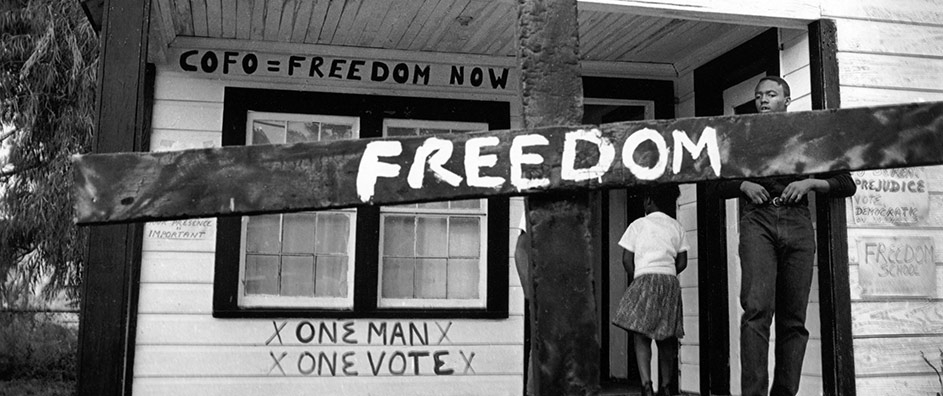

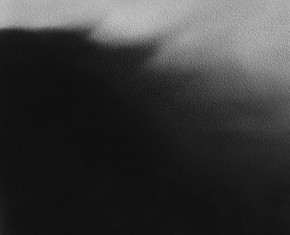
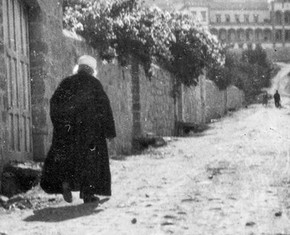










"Thereupon, Isfandiyár who had been trained by him [the Christian] was appointed the faithful coachman. He passed away in the blessed house [of ‘Abdu’l-Bahá] in Haifa during the ministry of the Guardian of the Cause of God."
-- With ‘Abdu’l-Bahá: Reminiscences of Khalíl Shahídí, Translated and Annotated by Ahang Rabbani, Witnesses to Bábí and Bahá’í History, Volume 9, p. 38.
It would be nice to post an article about this ...other Isfandiyar as well. If someone can email me this information, then I can can write a short piece on him. I'm sure that others would appreciate knowing about this other Isfandiyar as well.